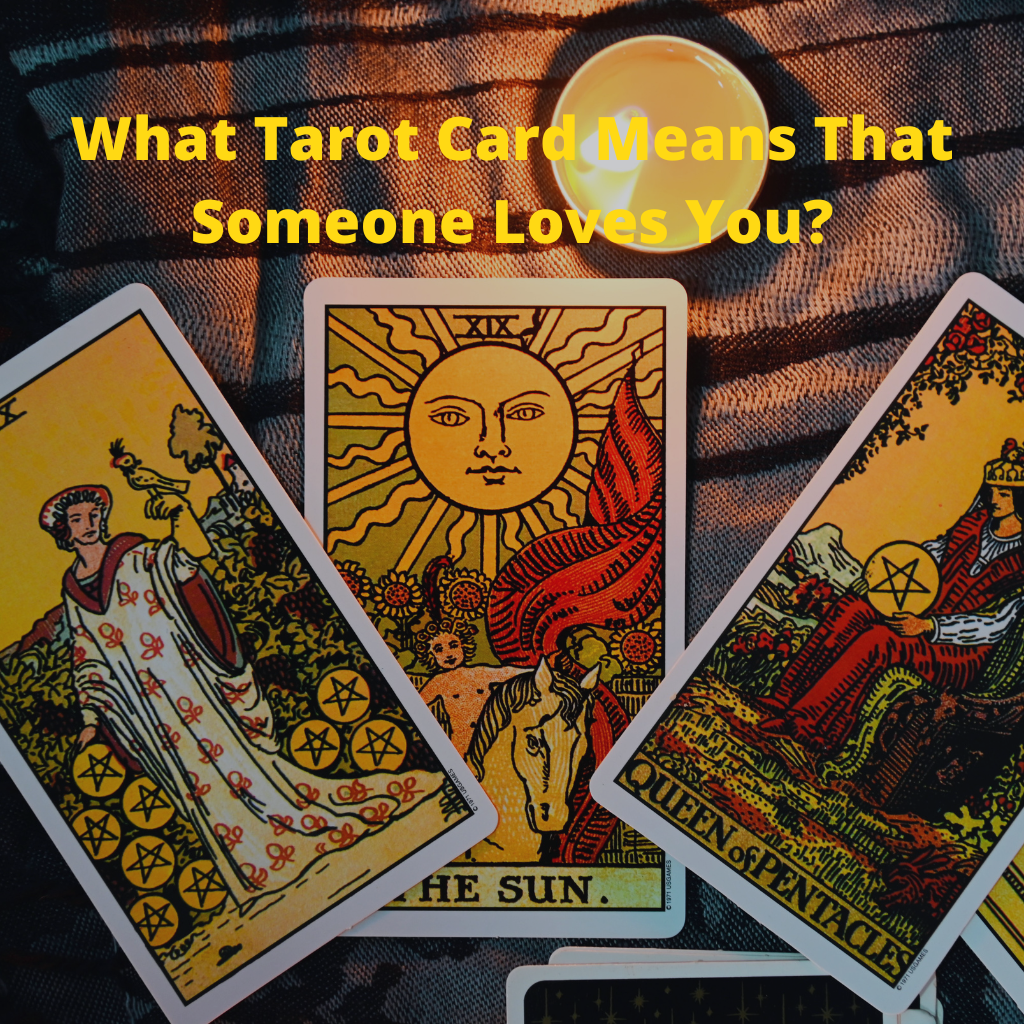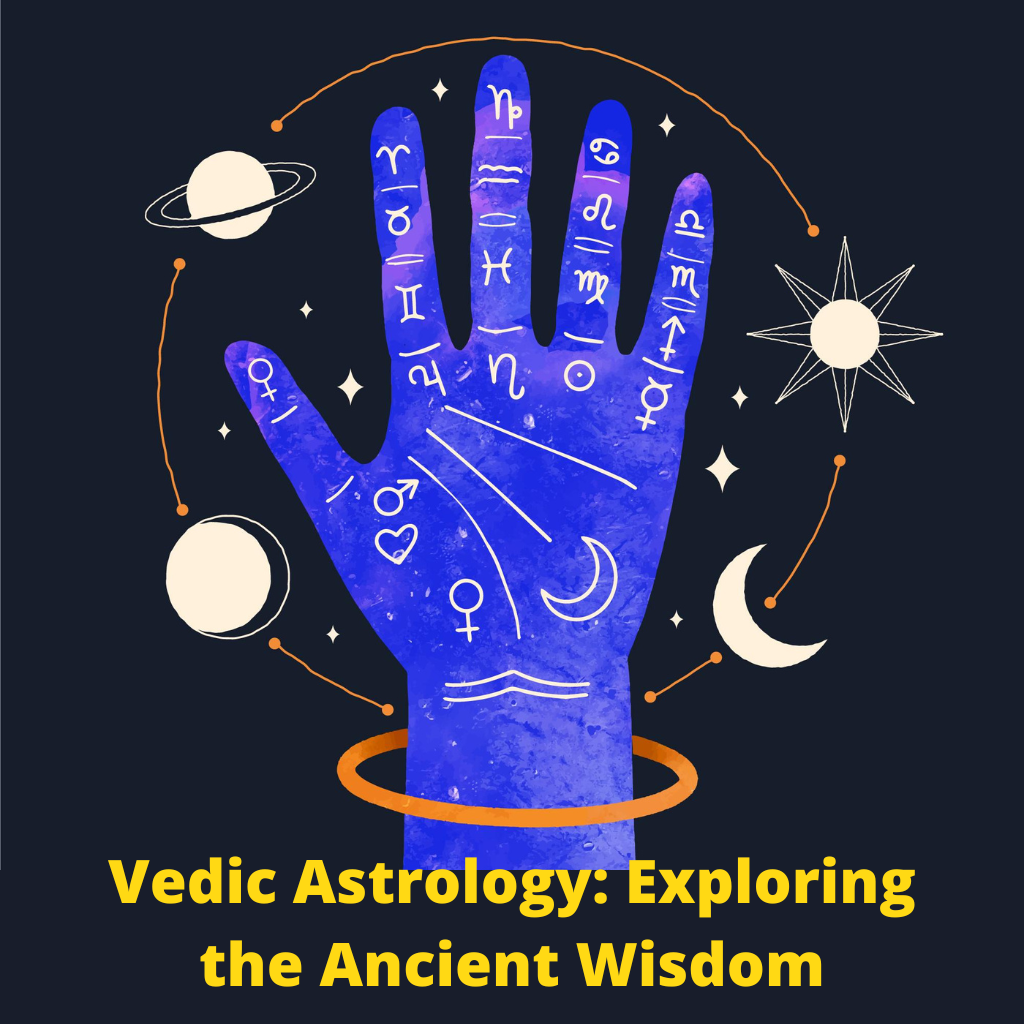Have you ever wondered about the significance of the moles on your body? According to ancient astrological beliefs, these seemingly insignificant marks can hold hidden meanings and provide insights into your personality, destiny, and even potential challenges. In this article, we will delve into the fascinating realm of astrology and explore the interpretations associated with moles on different parts of the body. However, you can talk to astrologers and they will confirm how each mole is linked to our personality
1. Introduction to Moles in Astrology
Moles, also known as beauty marks or birthmarks, have intrigued humans for centuries. In astrology, they are considered significant and believed to carry symbolic messages related to an individual’s life. According to astrological principles, moles are believed to be formed due to the positioning of celestial bodies at the time of a person’s birth. Each mole on your body is said to have a unique meaning and can reveal aspects of your character, relationships, and even potential obstacles.
2. Interpretations of Moles on Different Body Parts
2.1 Mole on the Forehead
A mole on the forehead is associated with intelligence, creativity, and leadership qualities. It suggests that the person may possess a strong personality, drive, and the ability to influence others positively. Such individuals are often blessed with good communication skills and may excel in careers that require strategic thinking and decision-making.
2.2 Mole on the Cheek
A mole on the cheek is considered auspicious in astrology. It is believed to signify good fortune, charm, and a pleasant personality. People with a mole on their cheek are often regarded as attractive and charismatic. They tend to have a magnetic presence and can easily win the hearts of others with their warm and friendly nature.
2.3 Mole on the Chin
A mole on the chin is associated with prosperity and abundance. It indicates that the person is likely to enjoy financial stability and success in their endeavors. Individuals with a mole on their chin are known for their practical approach to life and their ability to make wise financial decisions. They have the potential to build a strong foundation and achieve long-term security.
2.4 Mole on the Neck
A mole on the neck is believed to indicate a strong and determined individual. It suggests that the person possesses a resilient spirit and can overcome challenges with grace and perseverance. Such individuals are often admired for their tenacity and their ability to rise above difficult circumstances.
2.5 Mole on the Shoulder – h3
A mole on the shoulder is associated with leadership qualities and a sense of responsibility. It indicates that the person has the potential to take charge and guide others in various aspects of life. People with a mole on their shoulders are often seen as reliable and dependable individuals who can handle responsibilities with ease.
2.6 Mole on the Arm
A mole on the arm suggests that the person is creative and artistic. It signifies a deep passion for self-expression and an inclination toward pursuing creative endeavors. Individuals with a mole on their arm may excel in fields such as art, writing, music, or any form of creative expression that allows them to showcase their unique talents.
2.7 Mole on the Hand
A mole on the hand is believed to bring good fortune and success in career or business ventures. It indicates that the person has the potential to achieve great things through their hard work and dedication. Such individuals are known for their practicality and their ability to seize opportunities that come their way.
2.8 Mole on the Leg
A mole on the leg is associated with travel, exploration, and a thirst for adventure. It suggests that the person has a wanderlust and a desire to explore different cultures and places. Individuals with a mole on their leg may find fulfillment in professions related to travel, tourism, or any field that allows them to satisfy their urge for exploration.
Click here to know the meaning of your body mole.
3. Consulting an Astrologer for Personalized Interpretation
While the interpretations mentioned above provide a general understanding of the symbolism associated with moles, it’s important to remember that every individual is unique. Consulting a professional astrologer can offer a more personalized interpretation based on your specific birth chart and astrological factors. An astrologer can provide valuable insights into the significance of moles on your body and how they relate to your overall life journey.
4. Embracing Individuality and Self-Acceptance
In conclusion, moles in astrology carry intriguing meanings that can provide glimpses into our lives. However, it’s essential to approach these interpretations with an open mind and a spirit of self-acceptance. Our destinies are not solely determined by physical marks on our bodies but by a combination of various factors, including our actions, choices, and personal growth. Embrace your individuality and cherish the uniqueness that makes you who you are.



